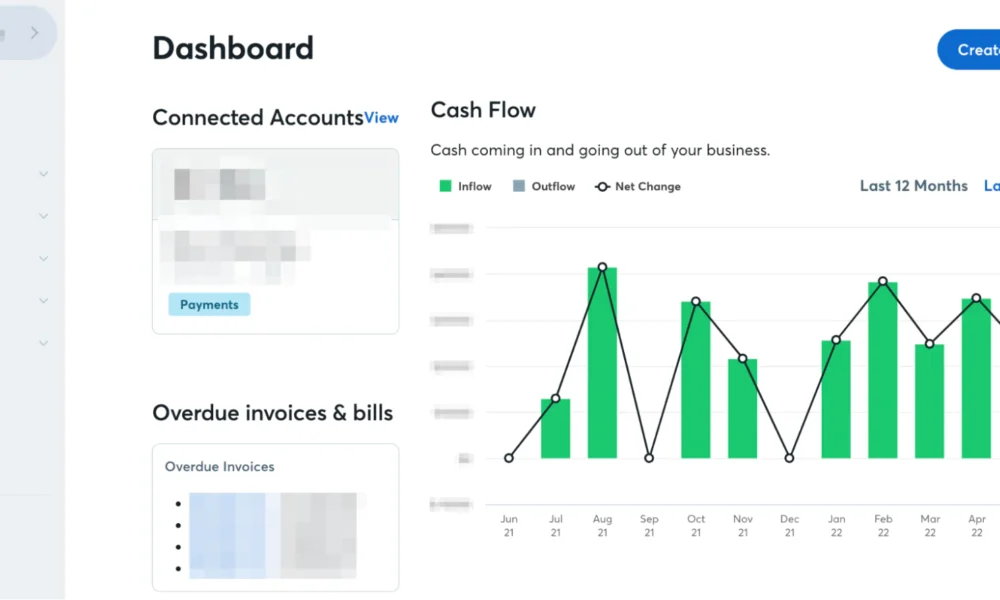Key Takeaways:
- Shopify integrations can vastly improve operational efficiency and provide vital analytics for strategic decision-making.
- Automated accounting software is fundamental for financial oversight, tax preparation, and strategic financial planning.
- Customer engagement and personalized experiences are enhanced through targeted integrations.
- Appropriate selection and implementation of integrations are crucial to avoiding common pitfalls and maximizing their benefits.
- Staying updated with emerging trends and technologies is essential for the future success of e-commerce businesses.
In today’s digital economy, e-commerce platforms such as Shopify play a pivotal role in the success of online businesses. Harnessing Shopify’s full potential often means integrating additional tools and applications to enhance efficiency and streamline day-to-day operations. One aspect includes integrating sophisticated Shopify accounting software, which can handle everything from sales tracking to financial reporting, providing business owners with a comprehensive view of their financial health.
Seamless Order Management and Fulfillment
Integrating order management and fulfillment applications transforms the painstaking process of handling sales into a smooth, automated system. Doing so reduces the likelihood of human error, improves order tracking, and ultimately ensures that customers receive prompt and accurate integrating Shopify with specialized fulfillment solutions, businesses can manage their stock levels more accurately, optimize their shipping processes, and provide real-time updates to consumers, which is crucial for maintaining customer satisfaction and loyalty.
Automated Accounting and Financial Reporting
Using automated accounting systems frees up businesses to concentrate on strategic decision-making by streamlining bookkeeping processes, optimizing the financial workflow, and removing the burden of tedious human data entry and reconciliation. Integrations with accounting platforms provide real-time insights into the business’s financial pulse, simplifying operations like invoicing, budgeting, and tax filing.
Integrating Shopify with such accounting systems ensures that all transactions are captured accurately and categorized appropriately, thus providing a transparent financial overview.
Data-Driven Decision Making
In the age of big data, collecting, analyzing, and acting on data is vital for the success of any e-commerce business. Integrating Shopify with advanced analytics tools can reveal patterns and trends not visible from surface-level metrics. This data-driven approach leads to more informed decisions regarding inventory planning, marketing strategies, and customer service enhancements.
Additionally, safeguarding customer data is of the utmost importance, and businesses must be aware of the latest developments in data protection regulations.
Enhancing Customer Engagement and Retention
Successful e-commerce is about attracting customers and engaging and retaining them long-term. This can be achieved by personalizing the shopping experience through recommendations, targeted discounts, and loyalty programs—all made more accessible through Shopify integrations. With tools that refine email marketing efforts or enhance customer support through live chat services or AI-driven helpdesks, businesses can create an interaction that feels personal and professional to the customer.
Optimizing Store Design and User Interface
The online storefront is the first impression potential customers will have, making the design and user interface critical elements of an e-commerce site. Integrating Shopify with design applications that help optimize site navigation, improve mobile responsiveness, and implement aesthetic enhancements can significantly boost the user experience, leading to increased engagement and conversion rates. A well-designed site that aligns with brand identity and provides a seamless shopping experience is paramount in today’s saturated online marketplace.
Security and Compliance
Maintaining a stronghold on security is critical as businesses process significant amounts of sensitive data. By integrating Shopify with state-of-the-art cybersecurity tools, companies can offer their customers peace of mind, knowing that their personal and financial data are secure. Moreover, compliance with international data protection regulations, such as GDPR, is not just about avoiding legal repercussions but building trust and integrity with the customer base.
Strategies for Selecting the Right Integrations
The selection of Shopify integrations should be a strategic process where the business’s specific needs align with the software’s features. It is vital to consider the scalability, usability, and support these integrations provide and their compatibility with existing systems. Thorough research, trial, and testing can ensure that investments in these tools are sound and will return the maximum benefit to the business.
Preparing for the Future of E-Commerce
The e-commerce industry is swiftly evolving, driven by technological advancements and changing consumer behaviors. Staying informed and being open to innovation is essential for businesses to remain relevant and competitive. Incorporating flexibility into e-commerce strategies, prioritizing customer engagement, and continuously exploring new integrations can ensure the company remains agile and ready for future growth and challenges.











